California Governor Gavin Newsom, who is on a weeklong trip to China, underscored on Thursday the significance of people-to-people exchanges between China and the United States, saying that the two nations should continue engaging and respecting each other.
He made the remarks at the Great Wall Climate Dialogue, a policy dialogue with China's Minister of Ecology and Environment Huang Runqiu and officials from five Chinese provincial-level regions at a hotel near Yanqi Lake in Beijing's northern outskirts.
Huang said Beijing is looking forward to stronger exchanges and cooperation with California in terms of the carbon market, climate investment and financing, climate adaptation and environmental law enforcement.
Newsom told reporters after the meeting that "there is no substitute for people-to-people exchanges" between the world's two largest economies.
He added that progress can only be made when people "work through" their differences and disagreements, and "do it in a responsible and respectful way".
"That's the spirit that brought me to China," he said.
He added that it was a matter of great concern that "there hasn't been a U.S. governor visiting China in four-and-a-half years".
Newsom also expressed discomfort with the nosedive of China-U.S. relations in recent years.
"I don't want to live in a world of this kind of friction and negativity. I don't want my kids growing up like that," he said, recalling his experience of "being under a desk at school preparing for a nuclear war".
"That's no way to raise your family. And I don't want to see that replicated here in China. I don't want a Cold War with China."
Newsom began his fourth trip to China and his first as governor of California on Monday, touring Hong Kong and Guangdong province before arriving in Beijing.
"It's a remarkable place, remarkable people," he said of China. "And we're a remarkable place with remarkable people in the United States."
During the session with Chinese officials, Newsom presented the case for stronger collaboration between Beijing and Washington.
"China and the United States represent from 41 to 44 percent of the world's emissions. We're never going to address the issue of climate change on this planet unless the United States and China work more collaboratively together."
He said he made the trip because of his "deep desire to enhance and advance our relationship on the issue of low-carbon green growth".
Meanwhile, California, he explained, is on the front line of climate change. It is a state where "the hots are getting a lot hotter, dries are getting a lot drier, where we're experiencing record-breaking heat, drought, and this year record-breaking floods".
He said that the U.S. state, which is the world's fifth-largest economy, looks forward to partnering with China and leaders at the subnational level on climate-related issues.
Yang Wanming, president of the Chinese People's Association for Friendship with Foreign Countries, the co-host of the dialogue, said cooperation between China and the U.S. in addressing climate change and promoting green development will contribute to the green and high-quality development of both sides.
"It is also advantageous for the people of both countries and it contributes to the development of all of humanity," he said.
Zhang Haibin, a professor from Peking University's School of International Studies and the Institute of Carbon Neutrality, said a joint response to climate change is of strategic significance to both China and the U.S., as the crisis poses an existential threat to both nations and humanity.
"It is important for the U.S. to drop the mentality of 'outcompeting China' and work with China to jointly develop a healthy and secure global ecosystem," he said.








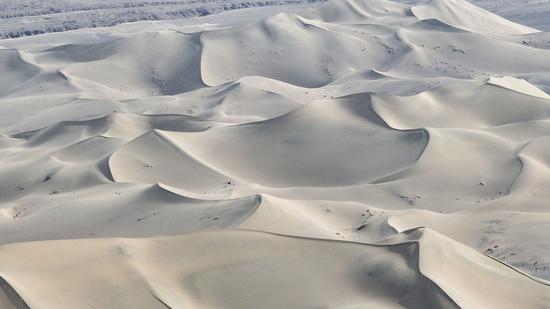

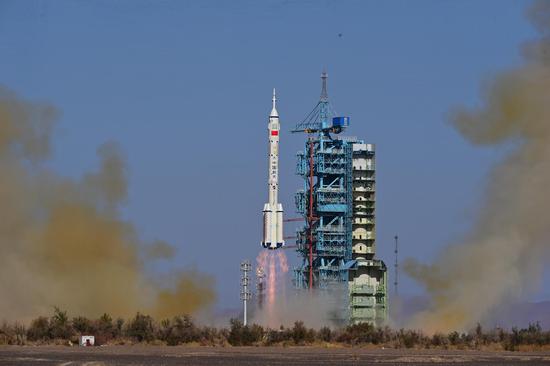
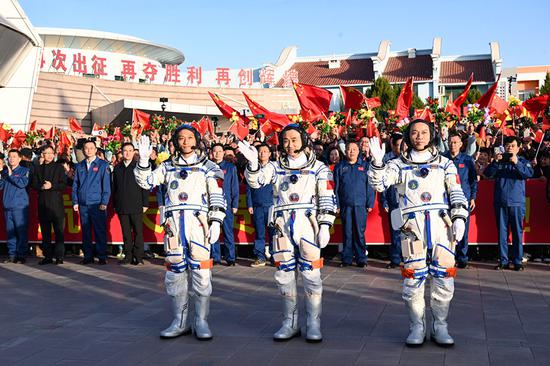
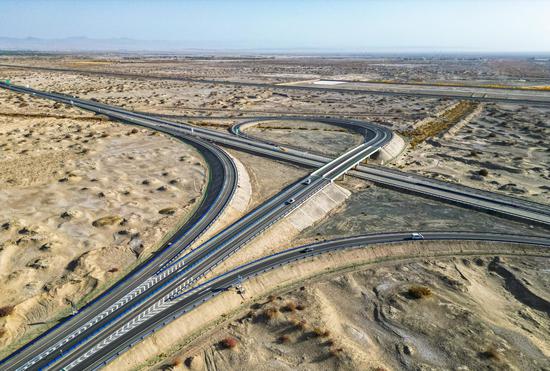


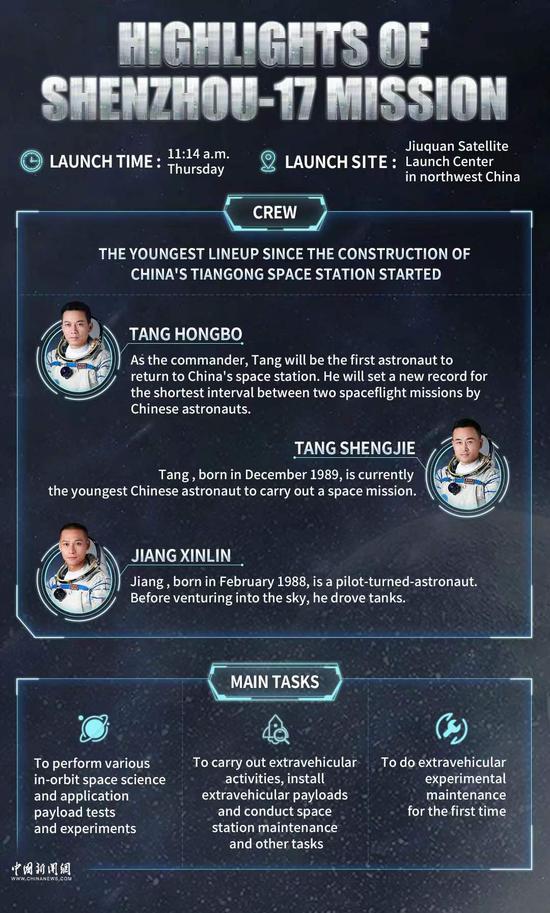
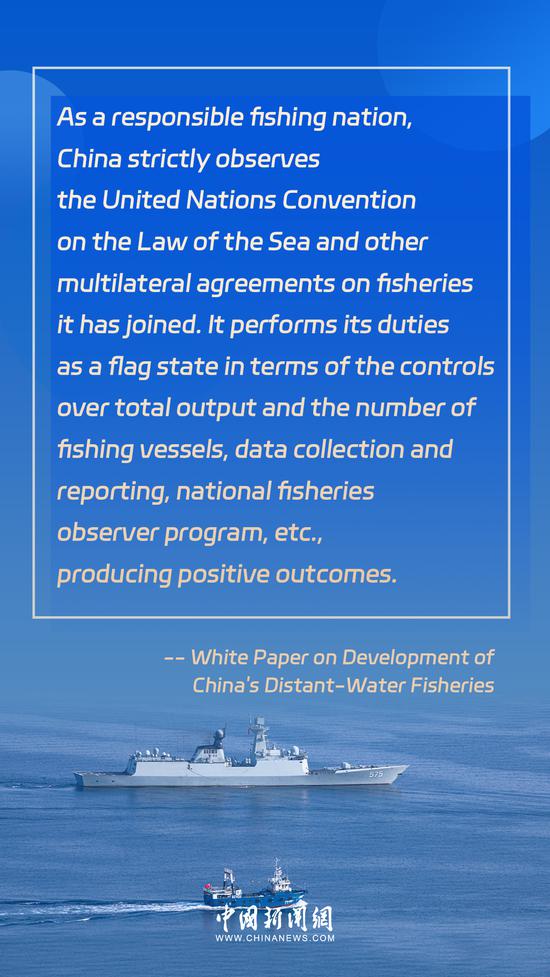
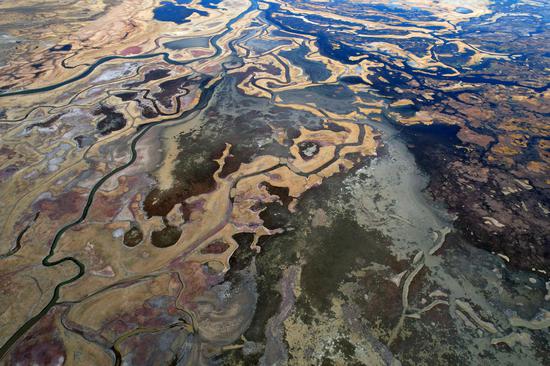



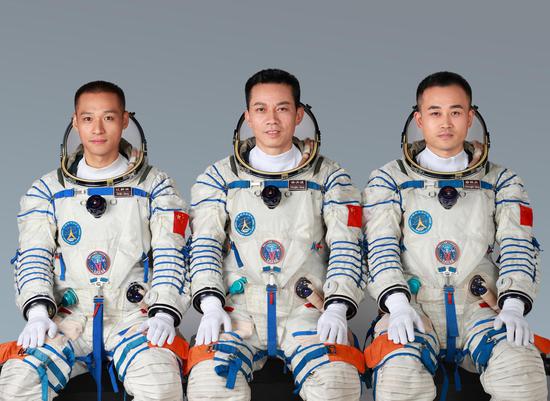
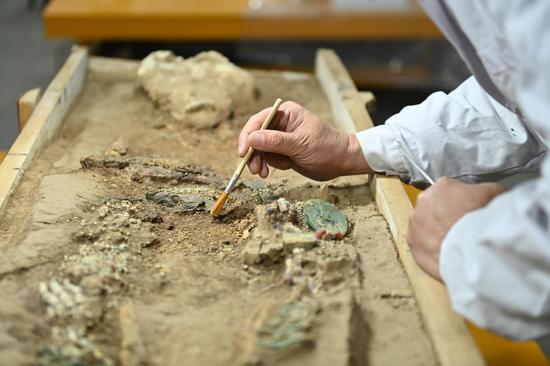
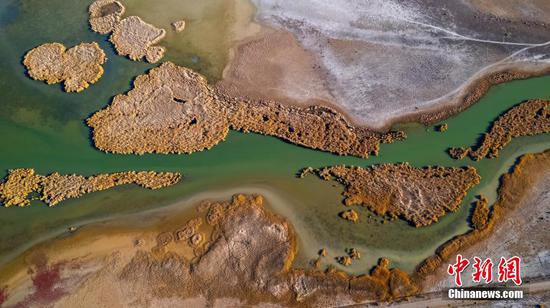
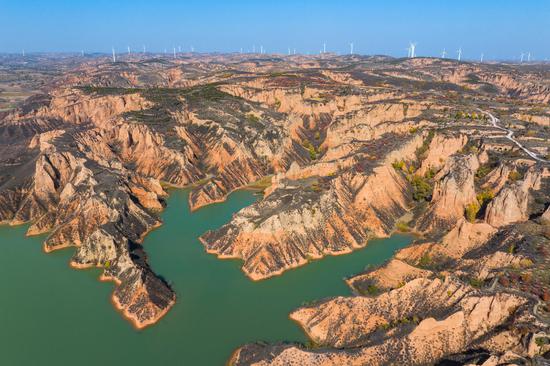

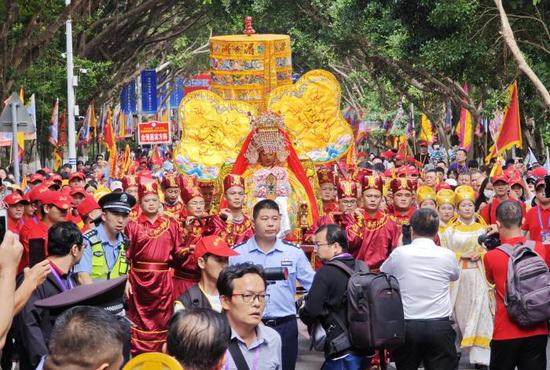
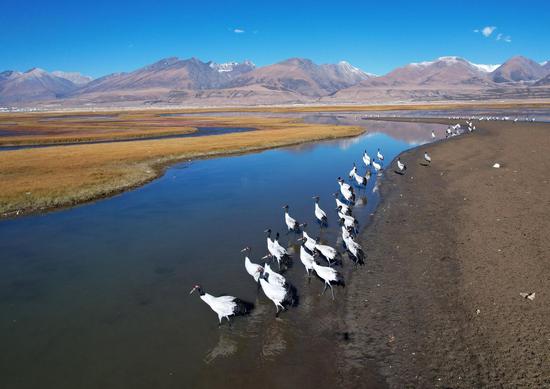
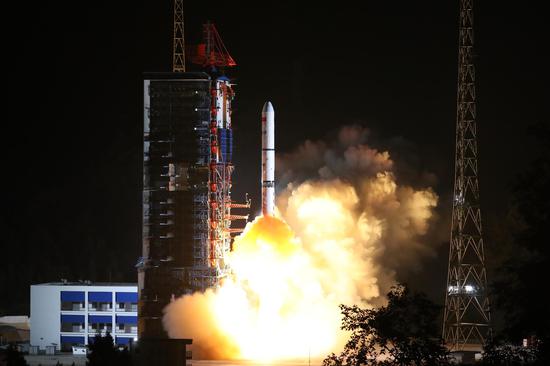
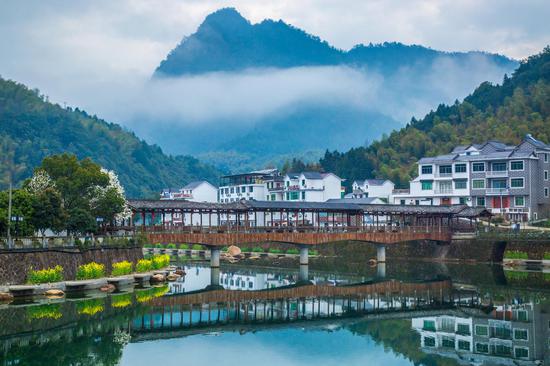
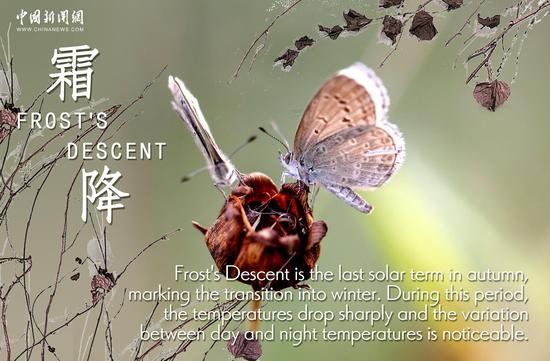
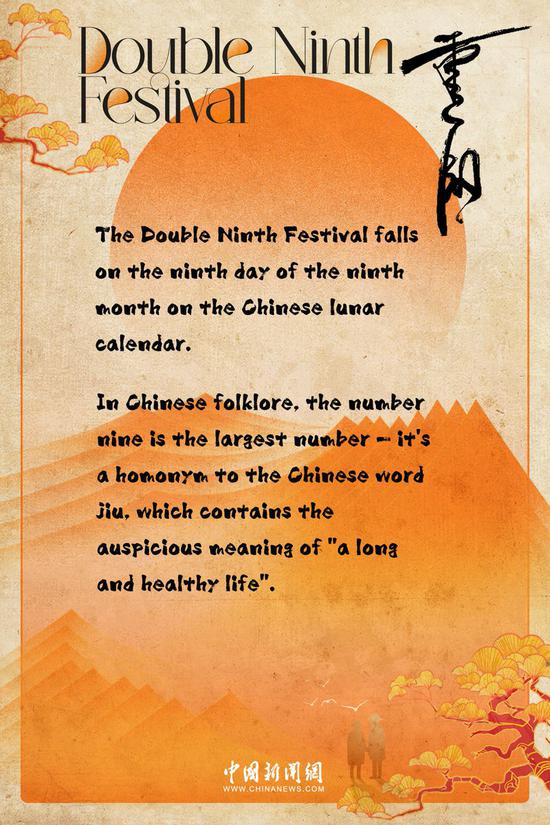
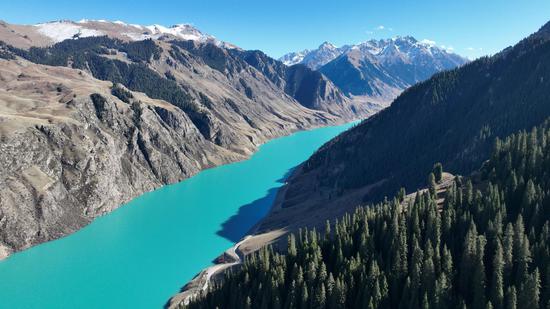


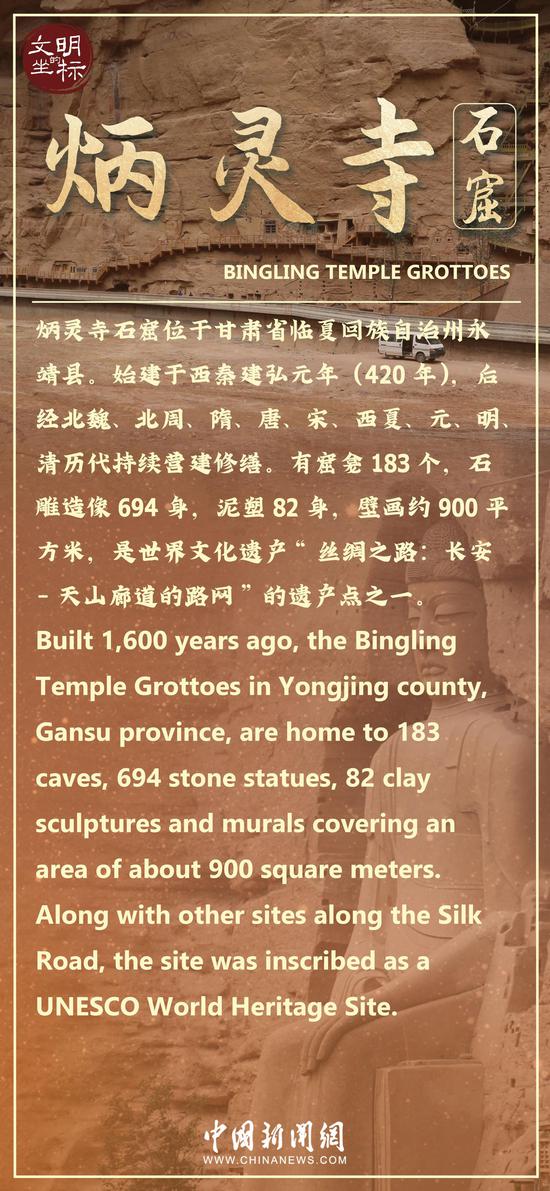
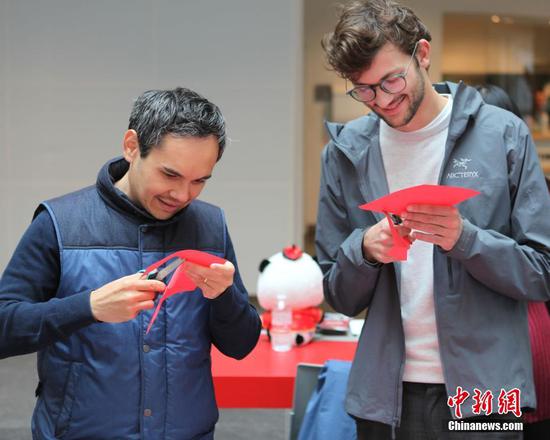
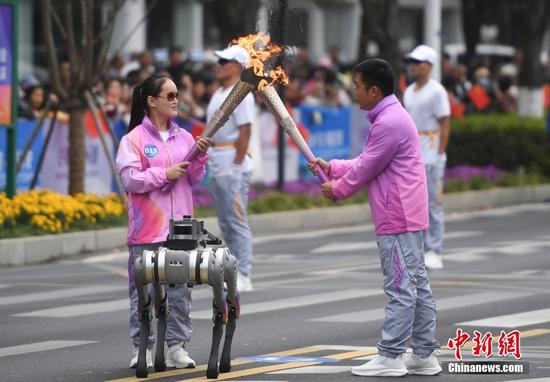



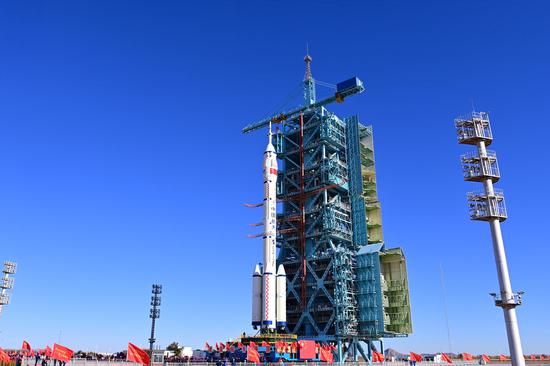


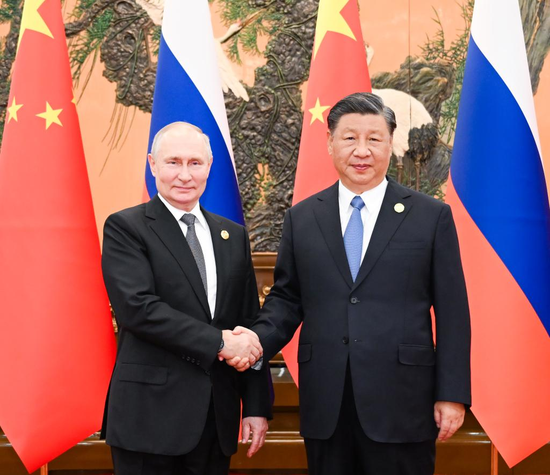





 京公网安备 11010202009201号
京公网安备 11010202009201号